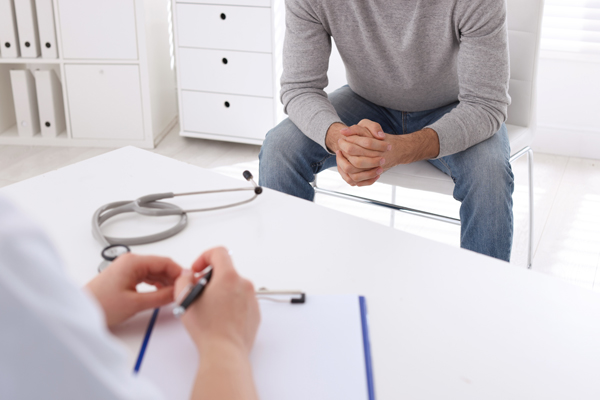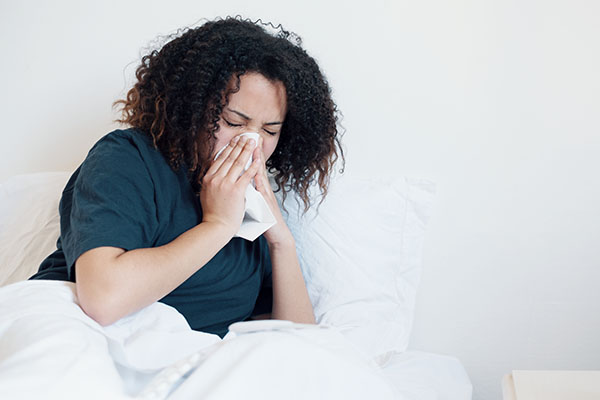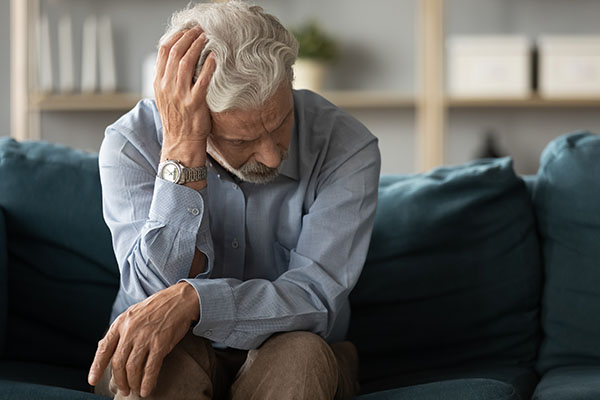A Primary Care Physician Answers Commonly Asked Questions About STD Testing

STD testing is one of the most vital things that you can do to protect your health if you are sexually active. You should be prepared to have an honest and open discussion with a doctor about your sexual and testing history. Most insurance providers cover the testing.
Countless STD testing centers provide confidentiality if you feel uncomfortable talking to your regular doctor. Many of these clinics provide low-cost or free testing services. The Centers for Disease Control and Prevention (CDC) recommends sexually active people get tested at least once a year.
Frequently asked questions about STD testing
Many patients are thinking about getting an STD test, so let us go over a few of the questions that they might have.
1. What goes on during STD testing?
STD tests might involve looking for things like syphilis, HIV, chlamydia, and gonorrhea. For patients with no symptoms, STD testing typically involves providing a blood sample, urine sample, or both. Blood samples can be used to test for STIs like syphilis and HIV, while urine samples can be used to test for chlamydia and gonorrhea.
For patients with symptoms, a clinician will evaluate their symptoms and swab symptomatic regions for further testing. They might also be asked to provide urine and/or blood samples. Clinicians can typically diagnose STDs based on a patient’s symptoms and a physical evaluation, but these tests help ensure that their assessment is correct. Appropriate treatment can then be carried out.
2. How long will it take to get results?
Most patients receive the results of their tests within five to 10 days. The clinic notifies patients about the results of any tests ordered, and they might be asked to come in for treatment if the results show that they have an STI.
3. How often should I be tested for STDs?
Anyone sexually active should look to get tested for STDs at least once yearly, even if they are in monogamous relationships. People who have multiple sex partners should get tested before taking on new partners.
If a patient does not get tested before being intimate with a new partner, they should try to get tested about 10 days afterward. That is about the time that it takes for new infections to appear on STD tests.
Anyone who shows symptoms of an STD should get tested immediately. Some STDs share symptoms with other health issues, so the only way to know for sure is to get tested.
4. Do regular STD tests check for herpes?
No, the typical STD test only looks for STIs like syphilis, HIV, and chlamydia. The CDC does not recommend testing patients with no symptoms of herpes. Anyone who thinks that they have been exposed to herpes should inform the clinician, so they can be explicitly tested for it.
5. Can STDs be cured if my tests are positive?
Many STDs, like chlamydia, gonorrhea, and syphilis, can be cured with antibiotics, but these treatments typically work best in the early stages of the infection. Hepatitis C can be cured with antiviral drugs. Other STDs, like hepatitis B, HIV, and herpes, cannot be cured, but they can be effectively managed with treatment. People with uncurable STDs can still have normal healthy lives with appropriate treatments.
We are here to help
Do you need STD testing? Give us a call or visit our Manassas to set up an appointment.
Request an appointment here: https://hoadly.millenniummedicalcare.com or call Millennium Medical Care Manassas at (703) 673-1558 for an appointment in our Manassas office.
Check out what others are saying about our services on Yelp: STD Testing in Manassas, VA.
Recent Posts
Struggling with the common cold is something that just about everyone will experience at some point. Yearly bouts with a cold are highly likely, as most people get at least one every 12 months. It is extremely contagious and caused by one of three viruses through close contact. Some people have mild symptoms, but that…
You have almost certainly had the common cold before, like just about everyone else. This illness can be tiring and annoying, but it often does not require much medical attention. A cold will frequently have minor or moderate symptoms and go away on its own. However, sometimes the sickness can progress and cause other problems.…
You may not think the common cold is a serious condition, but it can have some severe effects. Often, the symptoms of a cold are minor and pass in a week or less. You may be able to carry on with normal activities with few interruptions because of a cold. However, there are instances when…
Routine health screenings are a crucial part of any woman's preventive healthcare. Health clinics offer a convenient way for female patients to receive health screenings. These clinics are accessible and work around almost any schedule.Skipping routine appointments like regular women's health screenings can be tempting when life gets busy. However, doing so can be harmful…


